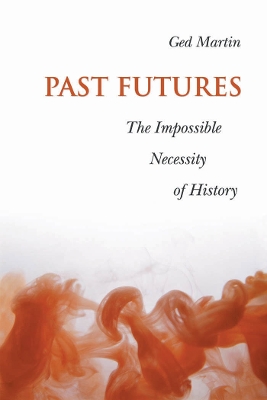By nature, human beings seek to make sense of their past. Paradoxically, true historical explanation is ultimately impossible. Historians never have complete evidence from the past, nor is their methodology rigorous enough to prove causal links. Although it cannot be proven that 'A caused B,' by redefining the agenda of historical discourse, scholars can locate events in time and place history once again at the heart of intellectual activity. In Past Futures, Ged Martin advocates examining the decisions that people take, most of which are not the result of a 'process,' but are reached intuitively. Subsequent rationalizations that constitute historical evidence simply mislead. All historians can do is to locate them in time, to explain not why a decision was taken, but why then? To illustrate, Martin asks a number of questions: What is a 'long time' in history? Are we close to the past or remote from it? Is democracy a recent experiment, or proof of our arrival at the end of a journey through time? Can we engage in a historical dialogue with the past without making clear our own ethical standpoints?
Although explanation is ultimately impossible, humankind can make sense of its location in time through the concept of 'significance,' a device for highlighting events and aspects of the past. In so doing, Martin suggests a radical new approach to historical discourse.
- ISBN13 9781442620971
- Publish Date 1 January 2004
- Publish Status Active
- Publish Country CA
- Imprint University of Toronto Press
- Format eBook
- Pages 326
- Language English
- URL http://degruyter.com/search?f_0=isbnissn&q_0=9781442620971&searchTitles=true
